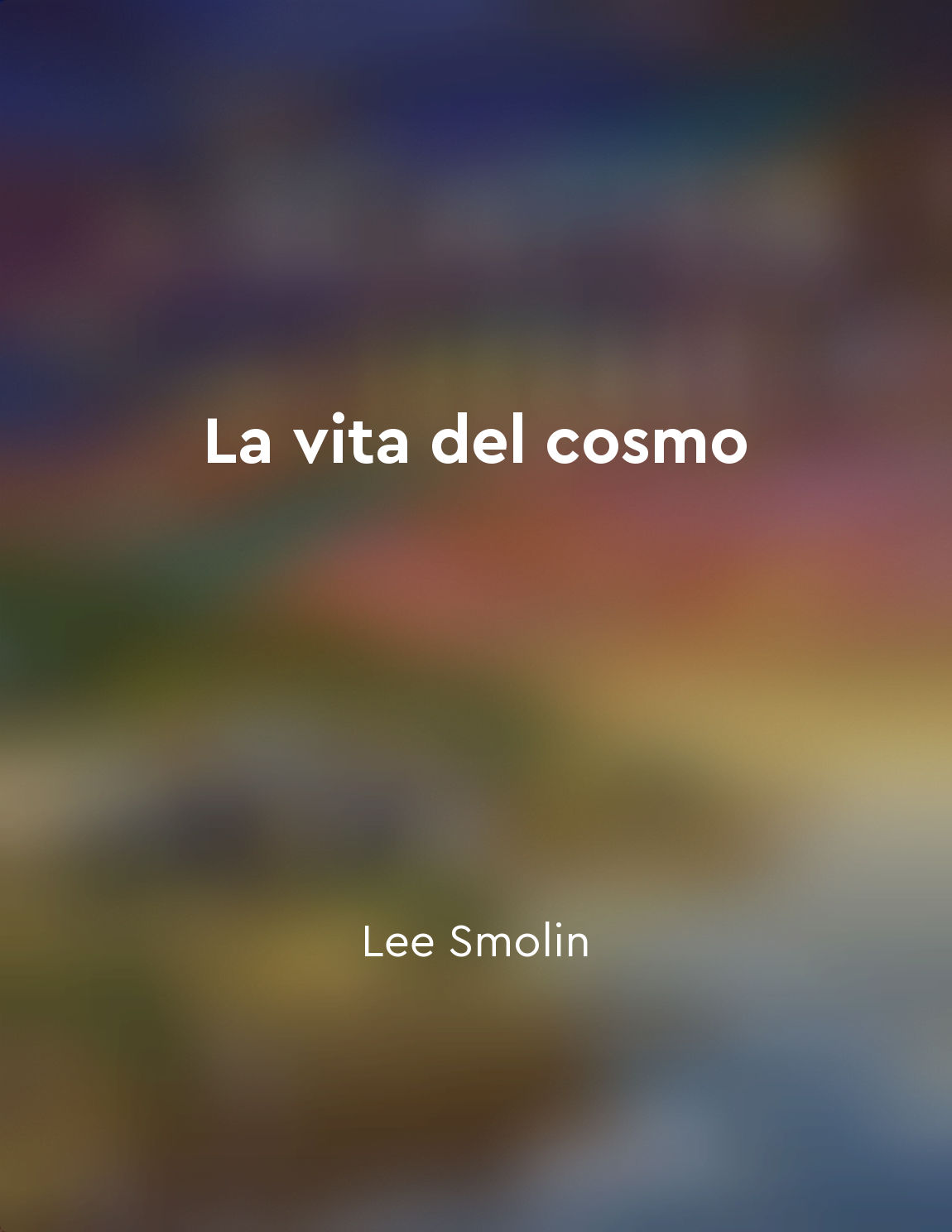Planck introduced the quantum hypothesis from "summary" of To Explain the World by Steven Weinberg
In the early 20th century, a renowned physicist named Max Planck made a groundbreaking proposal that would revolutionize the field of physics. Planck introduced what is known as the quantum hypothesis, a concept that would completely change the way scientists understood the behavior of energy at the smallest scales. Before Planck's work, physicists believed that energy was continuous and could be divided into smaller and smaller increments without limit. However, Planck's theory challenged this assumption by suggesting that energy could only exist in discrete, quantized units. This idea was radical at the time, as it went against the prevailing beliefs of the scientific community. Planck's quantum hypothesis was a response to a puzzling problem known as the ultraviolet catastrophe, which arose from attempts to explain the behavior of blackbody radiation. Planck proposed that energy could only be emitted or absorbed in individual packets or "quanta," rather than in a continuous stream. This concept fundamentally changed the way scientists understood the nature of energy and led to the development of quantum mechanics. The implications of Planck's quantum hypothesis were profound, as it laid the foundation for a new branch of physics that would eventually revolutionize our understanding of the universe. The idea that energy is quantized has had far-reaching consequences, impacting fields as diverse as chemistry, biology, and technology. Planck's groundbreaking work paved the way for future generations of physicists to explore the strange and fascinating world of quantum mechanics. By introducing the quantum hypothesis, Planck forever changed the course of scientific inquiry and opened up new possibilities for understanding the fundamental nature of reality.Similar Posts

Scientific theories must be tested and refined
The process of developing a scientific theory is a delicate and complex one. It involves formulating a hypothesis based on obse...
Bell's Theorem disproved local realism and demonstrated the nonlocal nature of quantum entanglement
Bell's Theorem shook the foundations of classical physics by challenging the idea of local realism. This concept, which suggest...
Quantum entanglement demonstrates the interconnectedness of particles regardless of distance, leading to instantaneous communication between them
Quantum entanglement is a phenomenon in quantum physics that defies classical intuition. It occurs when two particles become co...
Black holes are not just cosmic vacuum cleaners
Black holes are often portrayed as cosmic vacuum cleaners, voracious entities that indiscriminately suck up anything that ventu...
The fabric of spacetime is constantly changing
The picture of the world that emerges from quantum gravity tells us that the fabric of spacetime is not something static and un...
